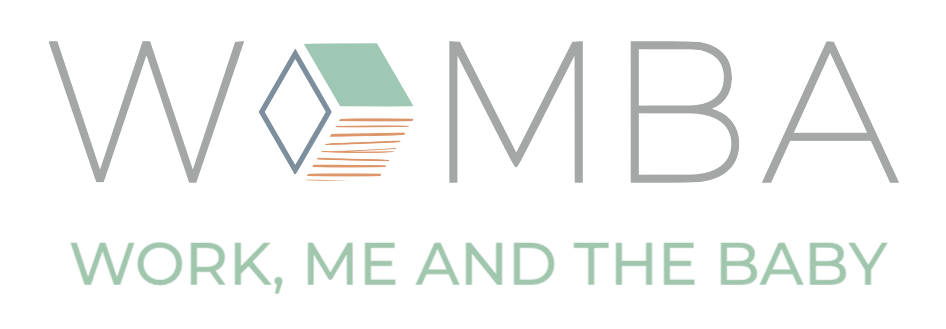Why It’s Time to Rethink How We Support Working Dads
When we talk about working parents, we often default to focusing on mothers. We tend to ignore or forget fathers. As a result, the experience of working dads remains under-researched and under-supported.
At WOMBA and Hult International Business School, we’ve spent the last four years exploring what the transition to working parenthood really looks like for dads. In phase 1 (of 3), we carried out in-depth interviews with 14 professional fathers in the UK who had taken shared or enhanced paternity leave. This first stage uncovered powerful insights about what it means to return to work as a dad - and the systemic shifts we still need to make.
Here’s what we found.
1. Finances First: The Practical Realities of Parenthood
Becoming a parent is expensive - and for many dads, money was the first and foremost concern. Most approached leave planning like a puzzle: combining paternity, shared parental, unpaid, and annual leave to make it work. Their financial decisions were strategic but often came at the cost of consistency, clarity, and equitable support.
As one dad put it:
“By her being part time and me being full time, we earn more than if we both work full time. Which is quite ridiculous.”
These choices aren't just personal - they’re shaped by outdated policies and social norms that still expect men to be the breadwinner. This not only reinforces the gender pay gap but locks families into financial trade-offs that shouldn't exist in a modern workplace.
2. HR Policy: A Maze of Frustration
Many dads described navigating paternity and shared parental leave policies as complex and inconsistent. Some missed out on benefits like pension contributions due to poor HR systems or simply being “lost in the system.”
Contrast this with emerging best practice: 74 UK employers now offer equal parental leave to all parents, regardless of gender. It’s a growing movement - but not yet the norm.
As our interviewees made clear, employers who get this right gain more than just positive PR. They reduce attrition, improve gender equity, and build trust with their employees.
3. Identity: From Provider to Present Parent
These dads weren’t shy about embracing their role as caregivers. In fact, many spoke with pride about their choice to be involved - and the shift in identity that came with it.
Some preferred to keep their parenting role quiet at work, while others embraced it as a strength. Either way, the choice to disclose, or not, was theirs - highlighting a subtle but significant privilege not always afforded to working mothers.
“I’m never apologetic about being a dad. But I don’t make a song and dance about how hands-on I am either.”
4. Agency: A Hidden Advantage
Unlike working mums - who often face structural penalties for prioritising parenting - dads described a sense of control. Their decisions to step back, speak up, or push back on HR policies were framed as a matter of personal agency.
But this “freedom to choose” can only be a real choice when the right support is in place. Without proper systems and policies, dads often had to fight for every step - sometimes even involving legal advice - just to access the leave they were entitled to.
5. The Role Model Gap: Pioneers, Not Passengers
Nearly all our interviewees said they had no working dad role models in their organisations. They were often the first - and in some cases, the only - men to take significant leave.
But they also saw that as an opportunity.
“We will be the role models in the future.”
To normalise involved fatherhood at work, visibility matters. Leaders need to talk openly about caregiving. Organisations need to spotlight working dads - not just mums - as part of their family-friendly culture.
Why This Matters Now
The business case for supporting working dads is strong. As highlighted in the Working Families report, family-friendly workplaces are linked to improved employee retention, engagement, and gender equality.
The University of Bath's research also shows that improved leave for fathers delivers benefits across society - including maternal health, child development, and reduced inequality.
But beyond the business case, there’s a human one: every parent deserves the chance to show up fully for their family - without sacrificing their career.
What Needs to Happen Next
For organisations:
Equalise parental leave for all parents
Train managers and HR teams to support working dads with confidence
Normalise caregiving as a leadership strength, not a liability
For policymakers:
Simplify shared parental leave, make it more accessible, and provide enhanced pay
Reform childcare to reduce costs and support dual-income families
Adopt gender-neutral policies that reflect the reality of modern parenting
We’re only just beginning to scratch the surface of what working dads need. But one thing is clear: the future of family-friendly work is inclusive. And dads need to be part of that story.
